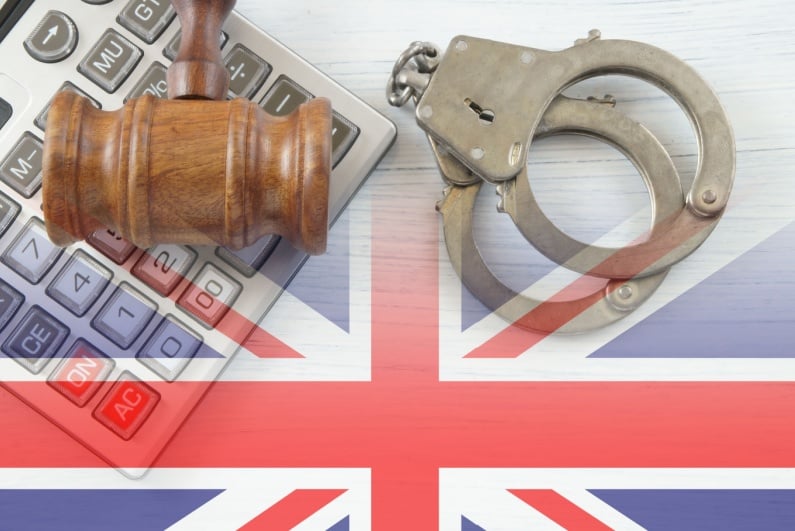
A Thai bill proposing the legalisation of casinos is stirring major controversy. Recently, a coalition of civil society groups submitted a petition to the Election Commission of Thailand, urging the government to hold a national referendum on the Integrated Entertainment Complex Bill to ensure the legislation has public backing.
The petition garnered nearly 54,000 signatures, surpassing the legal threshold. According to Kornkanok Makboon, the petition coordinator, the campaign began in January this year and quickly gained strong support. Last Thursday, more than 100 representatives from anti-casino groups personally submitted the petition to the Election Commission.
The Integrated Entertainment Complex Bill aims to legalise resort complexes that include casinos, with up to five projects to be developed in the initial phase. The bill was approved by the Cabinet in January, and Deputy Finance Minister Julapun Amornvivat stated that it will be a “top priority” when Parliament reconvenes in July.
Economic Potential Meets Public Opposition
Supporters argue that the bill could bring substantial economic benefits, including:
Annual tourism revenue growth of USD 3.5–7 billion
Over USD 2.9 billion in investment per entertainment centre
A 5–10% increase in foreign tourist arrivals and per capita spending rising to USD 1,945
9,000 to 15,000 new jobs
Up to USD 1.1 billion in annual tax revenue
However, opposition is also strong, particularly among youth and anti-gambling groups. Wassinee Songsap, a representative of the Youth Network Against Gambling, warned that legalising casinos could make gambling addiction more accessible to young people.
“Legalising casinos is like passing on a dangerous legacy to future generations,” she said.
She also criticised the government for citing Singapore’s model to justify its plans, pointing out that Singapore conducted a decade of research and public consultation before opening its casinos—unlike Thailand’s fast-tracked approach.
Thanakorn Homkri, Secretary-General of the Stop Gambling Foundation, said holding a referendum on such a controversial issue is “a natural and necessary step.”
“If the people vote in favour, the government will gain legitimate authority, social resistance will diminish, and investor confidence in the policy will increase,” he said.
According to procedure, the Election Commission has 30 days to verify the signatures, after which the petition will be submitted to the Cabinet Secretariat for review and a decision on whether to proceed with a referendum.
This showdown over casino legalisation may become a critical test of Thailand’s future public policymaking and democratic participation.



 2Days ago
2Days ago















